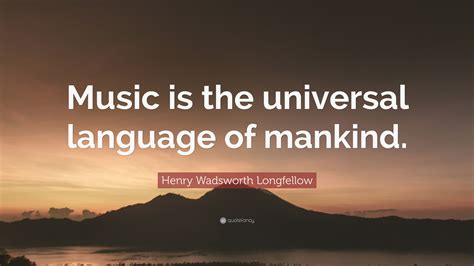Since the dawn of civilization, music has played an integral role in human society. It transcends cultural and linguistic barriers, resonating with our emotions and connecting us on a profound level. Music has the power to uplift, inspire, entertain, and heal.

Defining Music
Music is a form of art that involves the organized combination of sounds and silence. It is characterized by melody, rhythm, harmony, and timbre. Music can be produced with instruments, the human voice, or electronic devices.
Importance of Music
Emotional Expression: Music allows us to express our emotions in a non-verbal way. It can evoke a wide range of feelings, from joy and excitement to sadness and contemplation.
Therapeutic Benefits: Studies have shown that music can have therapeutic effects. Listening to music can reduce stress, anxiety, and pain. It can also promote relaxation and sleep.
Cultural Identity: Music is closely tied to cultural identity. Different societies and regions have their own unique musical traditions that reflect their history, values, and beliefs.
Social Bonding: Music brings people together. Whether attending a concert, singing in a choir, or jamming with friends, music creates shared experiences and strengthens social bonds.
Types of Music
There are countless genres and subgenres of music, each with its own unique characteristics. Some popular categories include:
| Genre | Key Characteristics |
|---|---|
| Classical | Formal structures, complex melodies, and harmonies |
| Pop | Catchy melodies, accessible lyrics, and rhythmic beat |
| Rock | Electric guitars, drums, and lyrics often exploring themes of rebellion or introspection |
| Jazz | Improvisation, syncopated rhythms, and solos |
| Electronic | Created using electronic instruments and devices |
The Power of Music
Music in Education: Music education has been shown to enhance cognitive development, improve memory, and promote creativity.
Music in Healthcare: Music therapy is used to treat a variety of conditions, including dementia, Parkinson’s disease, and chronic pain.
Music in Business: Music can create a positive work environment, boost productivity, and enhance customer satisfaction.
Innovations in Music
Technological advancements are constantly pushing the boundaries of music production and consumption. Some emerging trends include:
Artificial Intelligence (AI): AI is being used to create new music, analyze musical data, and personalize music recommendations.
Virtual and Augmented Reality (VR/AR): VR and AR experiences are transforming how we interact with music, allowing users to immerse themselves in virtual concerts or experience music in new ways.
Streaming Services: Streaming platforms have made it easier than ever to access and discover new music, connecting artists with audiences worldwide.
Common Mistakes to Avoid
When it comes to music, there are a few common mistakes to avoid:
- Ignoring your own preferences: It’s important to explore different types of music and find what you genuinely enjoy, rather than following trends or listening to music because others like it.
- Overplaying your favorite tracks: While it’s okay to have a favorite playlist, overplaying the same songs can lead to boredom and diminish the impact of the music.
- Being afraid to experiment: Don’t be afraid to step outside of your comfort zone and listen to new genres or styles. You might discover hidden gems that enrich your musical experience.
- Ignoring live music: Attending concerts or live performances is a unique way to connect with music and the artists behind it. Don’t miss out on the opportunity for an immersive musical experience.
Conclusion
Music is an integral part of our lives. It has the power to move us, inspire us, and connect us with others. By embracing the diversity of musical genres, exploring new technologies, and avoiding common mistakes, we can enhance our appreciation for music and reap its诸多benefits.
